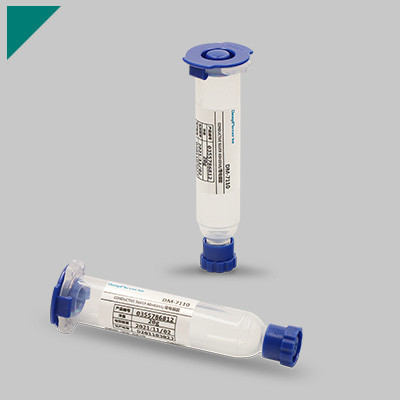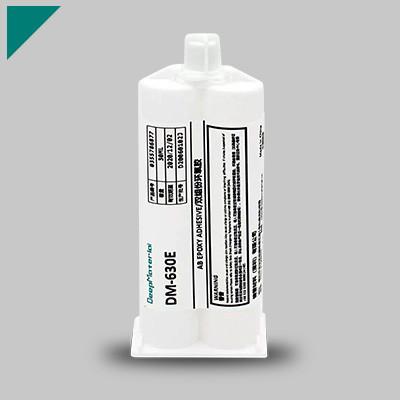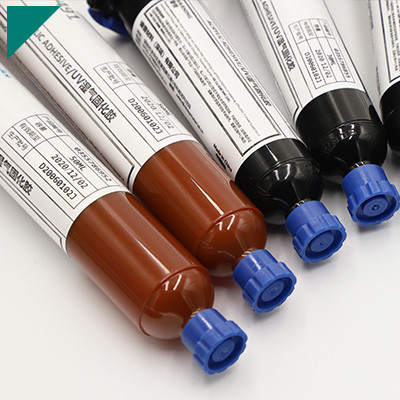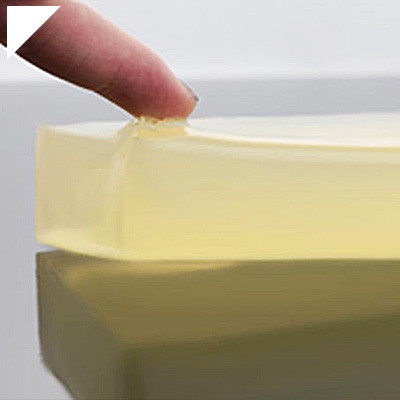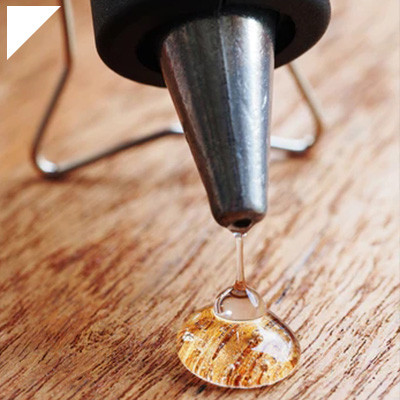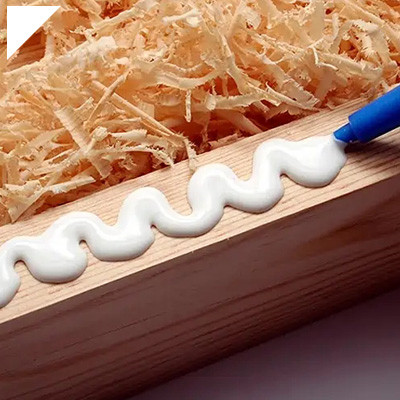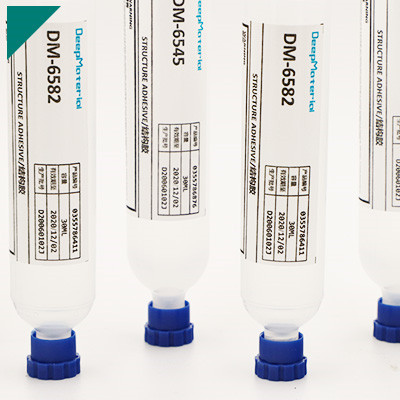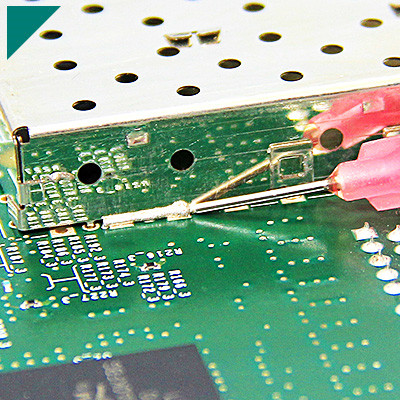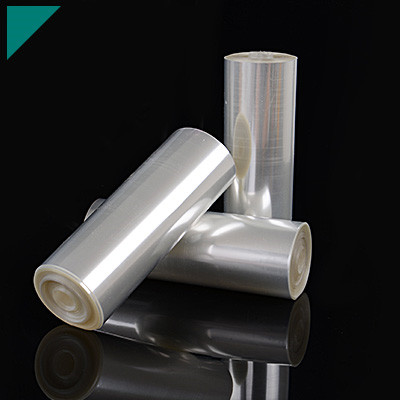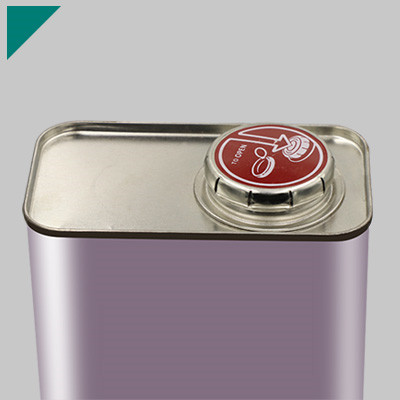Potting Compound for Transformers

Transformers are the unsung heroes of the electrical world, silently working behind the scenes to convert voltage levels and transmit electricity efficiently. However, proper insulation and protection are paramount to ensure their reliability and longevity. This is where potting compounds come into play. In this article, we delve into the significance of potting compounds for transformers and explore critical considerations in selecting the right one.
Understanding Potting Compounds
Potting compounds are liquid materials that, when cured or solidified, encapsulate electronic components to protect them from external environmental factors such as moisture, dust, and vibration. For transformers, which often operate in harsh conditions, potting compounds are crucial in safeguarding sensitive components from damage and ensuring optimal performance over time.
The Importance of Potting Transformers
Transformers are subject to various stressors that can compromise their functionality if unprotected. Factors like temperature fluctuations, humidity, and mechanical shocks can degrade insulation materials and lead to electrical failures. Potting compounds act as shields, forming a protective barrier around the transformer’s windings, core, and other critical components. By encapsulating these elements, potting compounds prevent moisture ingress, reduce thermal stress, and dampen vibrations, enhancing the transformer’s durability and reliability.
Critical Considerations in Choosing Potting Compounds
Selecting a suitable potting compound is essential to maximize the performance and longevity of transformers. Here are some factors to consider:
- Temperature Resistance: Transformers can generate significant heat during operation. Therefore, the potting compound must withstand high temperatures without degrading or losing its protective properties. Silicone-based compounds are commonly preferred for their excellent thermal stability.
- Electrical Insulation: Effective insulation is critical to prevent short circuits and ensure the safe operation of transformers. The potting compound should have high dielectric strength and a low dissipation factor to maintain electrical integrity.
- Chemical Compatibility: Transformers may encounter various environmental chemicals, such as oils and solvents. It’s crucial to choose a potting compound that is chemically resistant to prevent deterioration or corrosion of the encapsulated components.
- Mechanical Properties: The potting compound should be flexible enough to accommodate thermal expansion and contraction without cracking. Additionally, it should provide sufficient rigidity to support the transformer’s structure and minimize mechanical stress on internal components.
- Application Method: Depending on the transformer’s design and manufacturing process, the potting compound may be applied using different methods such as casting, dipping, or encapsulation. Compatibility with the chosen application method is essential for ensuring uniform coverage and optimal performance.
Examples of Potting Compounds
Several types of potting compounds are available in the market, each offering unique properties suited to specific applications. Some commonly used options for potting transformers include:
- Epoxy Resins: Known for their excellent adhesion and chemical resistance, they are widely used in transformer potting applications. They offer good thermal conductivity and mechanical strength, making them suitable for demanding environments.
- Silicone Elastomers: Silicone-based potting compounds are prized for their flexibility, thermal stability, and weather resistance. They provide reliable insulation and withstand various temperatures, making them ideal for outdoor and high-temperature applications.
- Polyurethane Resins: Polyurethane potting compounds balance flexibility and rigidity, making them suitable for transformers subjected to mechanical shocks and vibrations. They provide good electrical insulation and can be formulated for enhanced moisture resistance.
Conclusion
Potting compounds protect transformers from environmental hazards and ensure their long-term performance. By considering factors such as temperature resistance, electrical insulation, chemical compatibility, mechanical properties, and application methods, manufacturers can select the most suitable potting compound for their specific transformer applications. Investing in high-quality potting compounds enhances the reliability of transformers and contributes to the overall efficiency and safety of electrical systems.
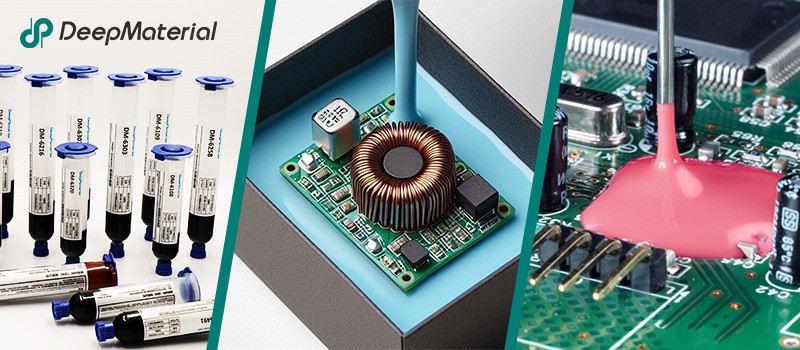
About DeepMaterial
DeepMaterial is a trusted supplier of encapsulant materials that are used in electronics manufacturing worldwide. From chip on board encapsulants such as glob top material to conformal coatings, underfills, low pressure molding, and potting solutions, DeepMaterial offers a full range of circuit board protection materials that effectively protect circuit boards while help reduce costs. More…Deepmaterial is a the manufacturer of epoxy adhesives including hardeners, metalbond, and metal filled resins. Structural, toughened medium viscosity, and non-sag adhesives are also offered. Some adhesives are resistant to thermal shock, chemical, vibration dampening, and impact. Suitable for metals, plastics, wood, and ceramics. Serves electronics, aerospace, automotive, tooling, marine, and construction industries. REACH and RoHS compliant. FDA approved. UL listed. Meets military specifications. We are the one of best adhesive manufacturers in China.
Blogs & News
Potting compounds are at the frontline of electronics assembly, delivering effective protection in challenging environmental conditions while improving mechanical strength and offering high electric insulation. Used within a variety of industries, electrical potting compounds are found within a broad range of consumer electronics, as well as used in applications across the automotive, aerospace, and other industries where electronic assemblies are prevalent.
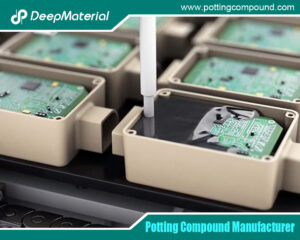
The Comprehensive Guide to Polyurethane Potting Compound Manufacturers
The Comprehensive Guide to Polyurethane Potting Compound Manufacturers In today’s rapidly advancing technological landscape, the protection and reliability of electronic components have become paramount.
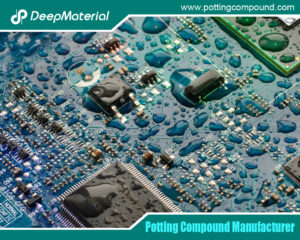
The Comprehensive Guide to Epoxy Potting Compound Manufacturers
The Comprehensive Guide to Epoxy Potting Compound Manufacturers Epoxy potting compounds are essential materials in the electronics industry, providing robust protection for sensitive components against
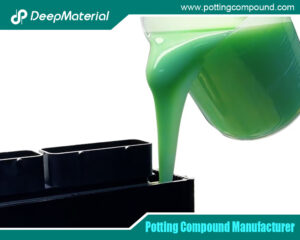
The Essential Guide to Potting Materials for Electronics
The Essential Guide to Potting Materials for Electronics In the rapidly evolving field of electronics, ensuring device reliability and longevity is critical. One of the
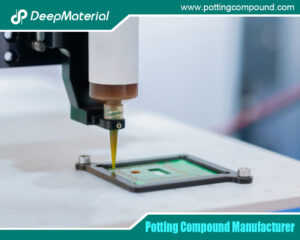
The Expanding Horizon of the Mini Silicone Optical Glue Market
The Expanding Horizon of the Mini Silicone Optical Glue Market The mini silicone optical glue market is witnessing unprecedented growth, fueled by technological advancements and
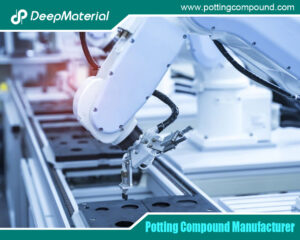
The Comprehensive Guide to PCB Potting Services: Ensuring Reliability in Electronics
The Comprehensive Guide to PCB Potting Services: Ensuring Reliability in Electronics Printed Circuit Boards (PCBs) are the backbone of modern electronics, enabling functionality in
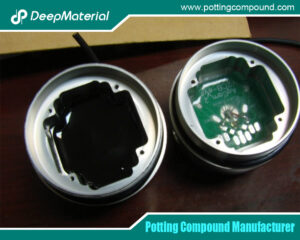
Comprehensive Insights on PCB Encapsulation in Potting Material
Comprehensive Insights on PCB Encapsulation in Potting Material In the fast-evolving landscape of electronics, ensuring the durability, reliability, and longevity of printed circuit boards

